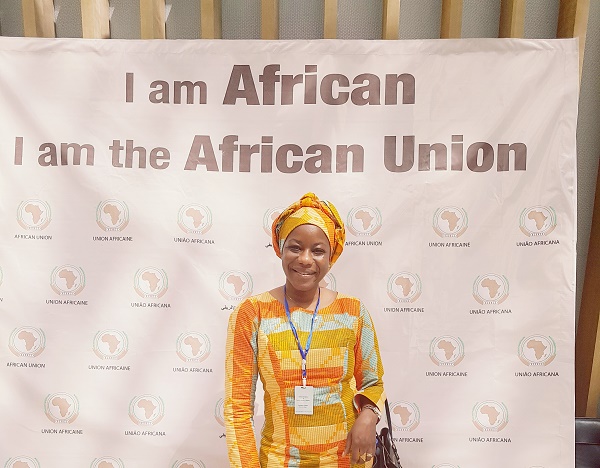By Oulie Keita, ONE campaign regional representative for Francophone Africa . The ONE campaign Charity was co-founded by Bono.
Africa has been blessed, not only with natural resources but also an abundance of youth, yet we fail to adequately invest in them. At least 60% of Africa’s young people are under the age of 30 but unemployment continues to rear its ugly head leaving frustrated youth so desperate that they are migrating in droves for better opportunities abroad despite the dangers of slavery and drowning in the Mediterranean sea.
The reality is that there has been a migration boom in recent years. Thousands of unemployed youth are leaving, yet they are Africa’s greatest resource. We need to tap into this resource and invest in them if we are to succeed in addressing developmental challenges facing the continent, particularly in the Sahel G5 countries, which consists of Mali, Niger, Burkina Faso, Chad and Mauritania.
With around 80% of people aged under 34 in Mali, Niger, Burkina Faso, Chad and Mauritania, the Sahel is a contributor of the continent’s youth boom while being one of the poorest and most fragile regions of the world. The region is at the forefront of Africa’s opportunities and challenges. If the right investments in education, employment and empowerment of the young people are made today, the development of the region could see continental and global growth surge. Yet, despite efforts to improve conditions in the region, the situation continues to deteriorate. It faces extreme poverty, rapid population growth, fragile governance, corruption, extreme climate and insecurity.
While Africa’s population is set to increase to 2.5 billion by 2050, the Sahel Region is the driver of Africa’s youth boom yet it remains one of the poorest and most fragile areas in the world.
As we celebrate Africa Day, ONE campaign appeals for African Leaders to commit and act upon the African Union Demographic Dividend road map. Leaders should double down on efforts to create jobs, increase the quantity and quality of education spending and create opportunities at home by rooting out corruption, and investing in job-creating sectors, as echoed by the African Union and Nelson Mandela.
“The region is at the forefront of Africa’s opportunities and challenges. If the right investments in education, employment and empowerment of the young people are made today, the development of the region could see continental and global growth surge” — Mandela
|
We need to guide our youth through quality education and channel them in the right direction. Former South African president Nelson Mandela believed strongly in the power of young people and their role to harness positive change in Africa. We need to honour his legacy.
In recent years, the youth have been pushed to the edge as unemployment continues to escalate. Of Africa’s 420 million youth, aged between 15-35, one-third are unemployed and discouraged, another third are vulnerably employed, and only one in six has a steady paid job.
Despite efforts to improve conditions in the Sahel region, the situation continues to deteriorate as it faces extreme poverty coupled with a rapid population growth, a fragile leadership, corruption, extreme climatic conditions and insecurity.
Our leaders need to act and change its approach to the Sahel Region to ensure sustainable development. For many decades, tackling extreme poverty has been neglected, but now is the time to make it a priority. Countries need to come together and commit to policy reforms, while scaling up investment in youth and projects to deliver on the changes needed. This will in turn mean that Sahel G5 countries need to sit at the table and participate in finding solutions, while also committing to the objectives. Actionable long-term strategies will be vital for investing in our youth to eradicate poverty and curb migration. Joblessness is a headache affecting most of Africa.
For us to tackle these challenges, the Sahel G5 countries must be included in all stages of the decision-making and implementation processes, and create an equal partnership between all stakeholders. A true equal partnership between African and partner countries, with the Sahel G5 countries at the driver’s seat and their priorities placed at the forefront; because shared benefits mean shared responsibilities.
Tackling poverty in the Sahel and creating the conditions for inclusive, sustainable development will ensure the prosperity and the stability of the region and beyond.








